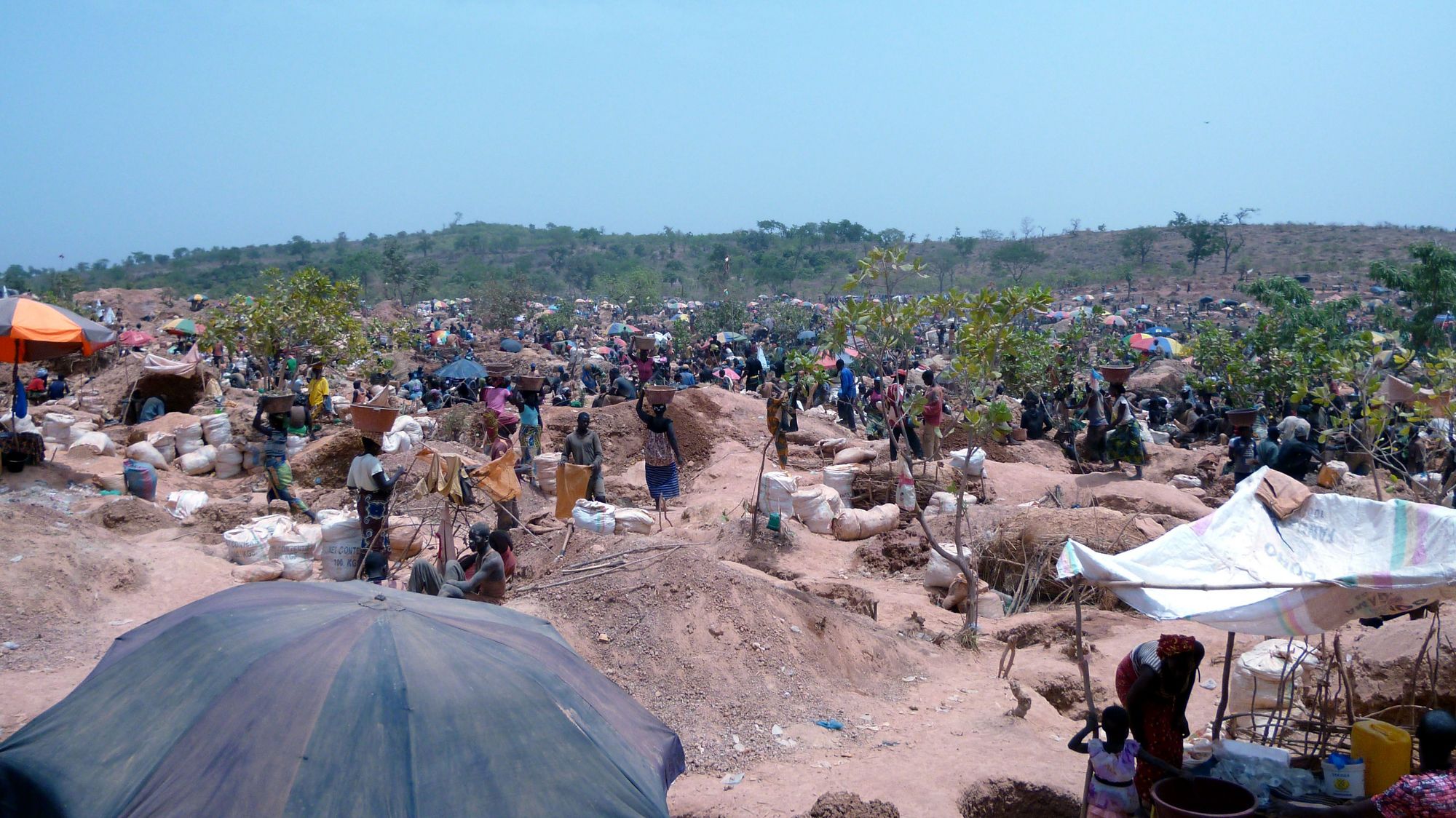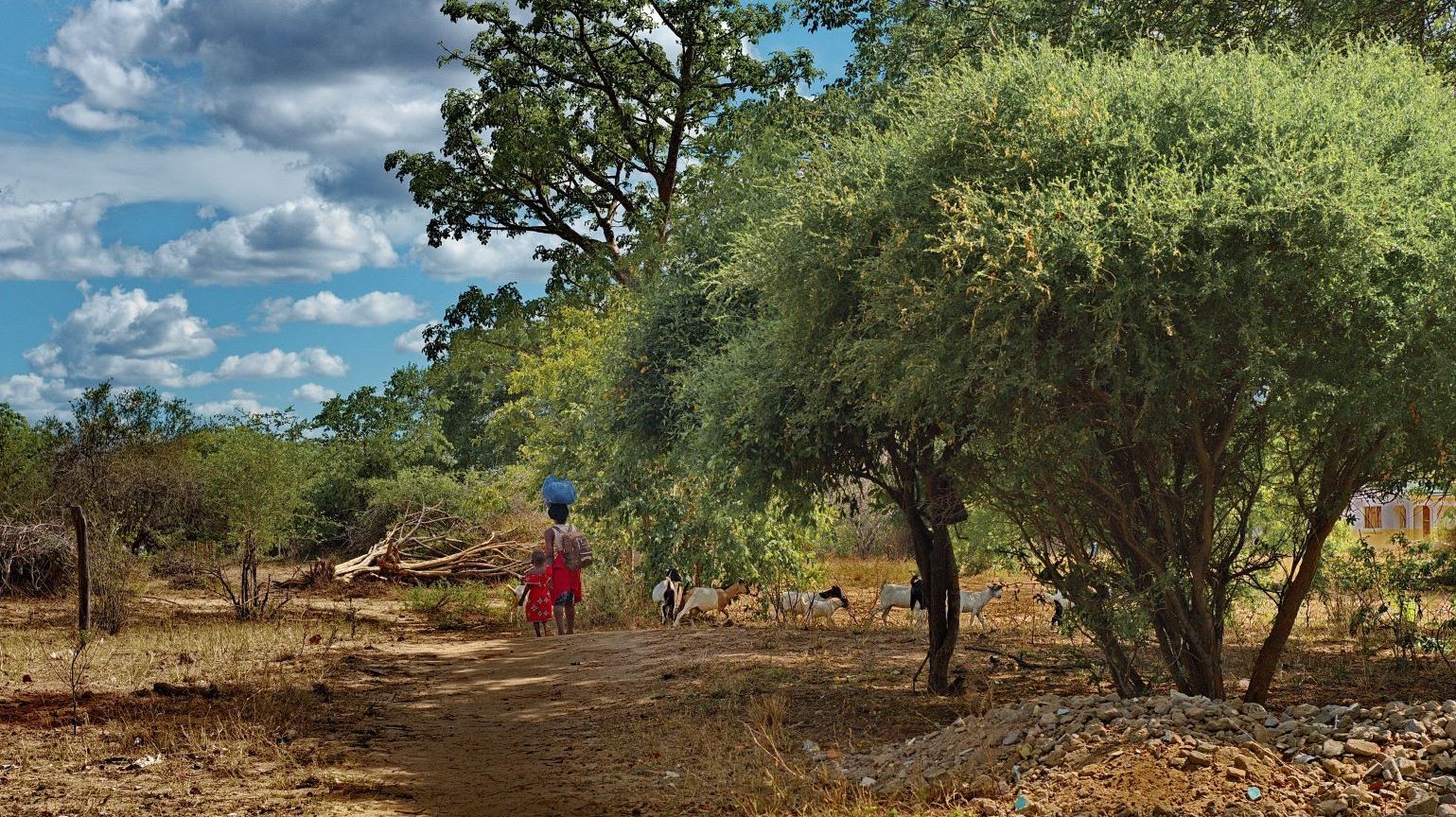Group | Health Impact Assessment
Impact assessment is the process of identifying the future consequences of a proposed action or global development. Through the combination of procedures, tools and methods, impact assessment supports evidence-based decision-making with the ultimate objective to promote sustainable development.
Health Impacts Associated with Global Change
The health impact assessment (HIA) research group aims to develop, validate and apply new tools and methods for assessing, monitoring and evaluating health impacts associated with major drivers of global change. This includes growing pressure on natural resources, population growth, migration, urbanization and global climate change.
Extensive Activities
With a geographical emphasis on tropical climate zones, we have employed the HIA approach to a variety of proposed activities and global developments:
- Large infrastructure developments, including natural resources extraction projects (e.g. gold and copper mining) and renewable energy projects (e.g. hydropower and biofuel);
- Pesticide use in small scale farming;
- Waste recovery and reuse business models; and
- Combined effects of climate change and urbanization.
Integral Approaches
Many of our projects are an integral part of inter- and trans-disciplinary research efforts that combine environmental monitoring, epidemiology, clinical examinations and exposure assessment with institutional analysis and broad stakeholder engagement. We also build up human capacities in conducting, evaluating and enforcing HIA in low- and middle-income countries.

Mirko Winkler
Associate Professor, PhD, DTM&H, MSc
Group Leader
+41612848339
,
*
mirko.winkler@swisstph.ch

Astrid Knoblauch
Dr.
Technical Expert
+41612848675
astrid.knoblauch@swisstph.ch
Key Projects

Health Impact Assessment for Sustainable Development
The development and operation of natural resource extraction projects (e.g. minerals, metals, oil and gas) affects public health, ecosystems and societies in producer regions. The HIA4SD Project intends to analyse the conditions under which impact assessments are an effective regulatory mechanism to engage natural resource extraction projects in working towards the health-related targets of the SDG 2030 Agenda.

Impact of Climate Change and Urbanization on Maternal and Child Health
Climate change is transforming the world, and nowhere is this more evident than on the African continent. Mozambique in particular is facing extreme weather conditions, food insecurity, rapid urbanisation and a high health burden, disproportionately affecting women and children. The CliMaH project aims to analyze the impact of climate change on population trends and maternal-child health in Mozambique, while creating a generalizable assessment roadmap.

Strategic Environmental Assessments
Genetically modified mosquitoes have great potential for malaria control. Any future use of gene drive mosquitoes for malaria control will require many elements, including policy, regulatory approvals, community consent and public engagement. The decision-making process will need to balance risks and benefits to human and animal health, the environment and biodiversity, as well as socio-economic considerations. On behalf of Target Malaria, Swiss TPH conducted a SEA scoping study on the potential use of Anopheles mosquitoes containing a gene drive construct to suppress malaria vector mosquitoes. Read more
Latest Publications
All PublicationsBellai L.G, Koudou B.G, Utzinger J, Müller P, Edi C.A.V. Characterization and abundance of malaria vectors in Sakassou, Central Côte d'Ivoire. Malar J. 2025;24:198. DOI: 10.1186/s12936-025-05451-1
Cambaco O et al. Understanding stakeholders' perceptions of the impact of extractive industries on adolescent health and well-being in Mozambique: a qualitative study. BMJ Open. 2025;15(6):e088207. DOI: 10.1136/bmjopen-2024-088207
De Geest S.M et al. Accelerating innovation: implementation science as a cornerstone of high-performance Swiss research infrastructures. Swiss Med Wkly. 2025;155:4501. DOI: 10.57187/s.4501
Galli A et al. Defining the noma research agenda. PLoS Negl Trop Dis. 2025;19(4):e0012940. DOI: 10.1371/journal.pntd.0012940
Galli A et al. Baseline characteristics of a cluster randomized controlled trial targeting hand hygiene in primary healthcare in Burkina Faso and Mali. Int J Public Health. 2025;70:1608406. DOI: 10.3389/ijph.2025.1608406
 Yaman Abuzahra
Yaman Abuzahra
 Astrid Knoblauch
Astrid Knoblauch
 Anaïs Galli
Anaïs Galli